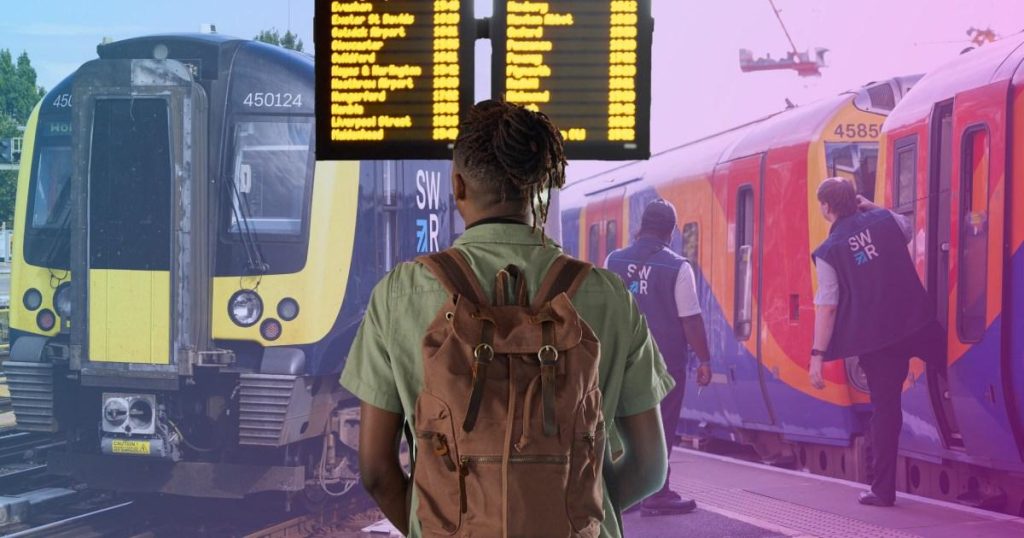The UK’s railways are set for a significant overhaul as the government plans to renationalise the first train operators after three decades of private ownership. The first operators to undergo renationalisation include South Western Railway, C2C, and Greater Anglia. This move comes after the government passed the Passenger Railway Services (Public Ownership) Act 2024, paving the way for the renationalisation process to begin. The creation of Great British Railways (GBR) will oversee the transition of private train companies back into public ownership.
Passengers have long faced issues with delays and inefficiencies in the privately owned rail system in the UK. The new Transport Secretary, Heidi Alexander, acknowledges the failures of the current privately owned system and has expressed the need for change. The government plans to take over the operation of rail tracks, stations, signals, and other infrastructure through Great British Railways. However, the plan does not include the Rolling Stock Companies (ROSCOs) which own and rent out trains to operators.
Renationalisation of the rail operating companies means bringing them back under public ownership, a move that has received mixed reactions. While some, like the RMT union, see it as a positive step towards a more efficient rail system for the public good, others, such as the chief executive of Rail Partners, are concerned about the lack of clarity on how the government will fix the railways. Rail campaigners have called for further measures to benefit passengers and taxpayers, including taking over the ROSCO companies and reopening closed-down routes.
Some train operators, like Southern, Northern, LNER, and TransPennine Express, have already been brought into public sector ownership due to poor performance under private ownership. The government touts improved service punctuality and cancellation rates since these operators were taken over by a Department for Transport-linked holdings company. The cost of the renationalisation plan has not been disclosed yet, but it is expected to be cheaper than the current system and will focus on improving services rather than paying private shareholders.
While many hope for cheaper and more transparent train fares under public ownership, Transport Secretary Heidi Alexander has indicated that fares may still go up to improve reliability and reduce cancellations. The focus will be on addressing the inefficiencies and waste that have plagued the rail system for the past few decades. The privatisation of UK’s railways began in the 1990s under Conservative Prime Minister John Major, following plans that started in the 1980s under Margaret Thatcher. A YouGov poll revealed that a majority of Britons support public ownership of rail companies, reflecting a desire for a more efficient and passenger-focused rail system in the UK.











